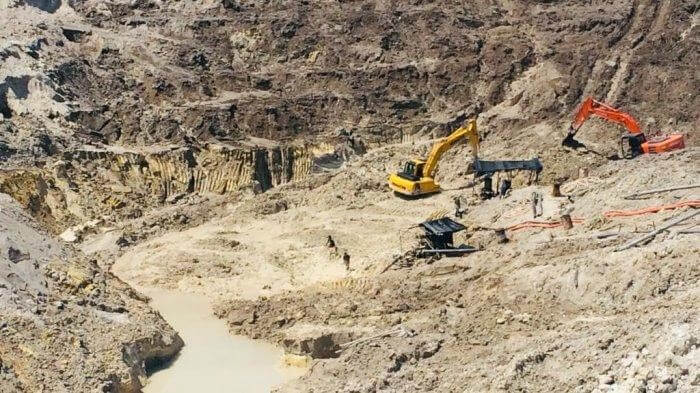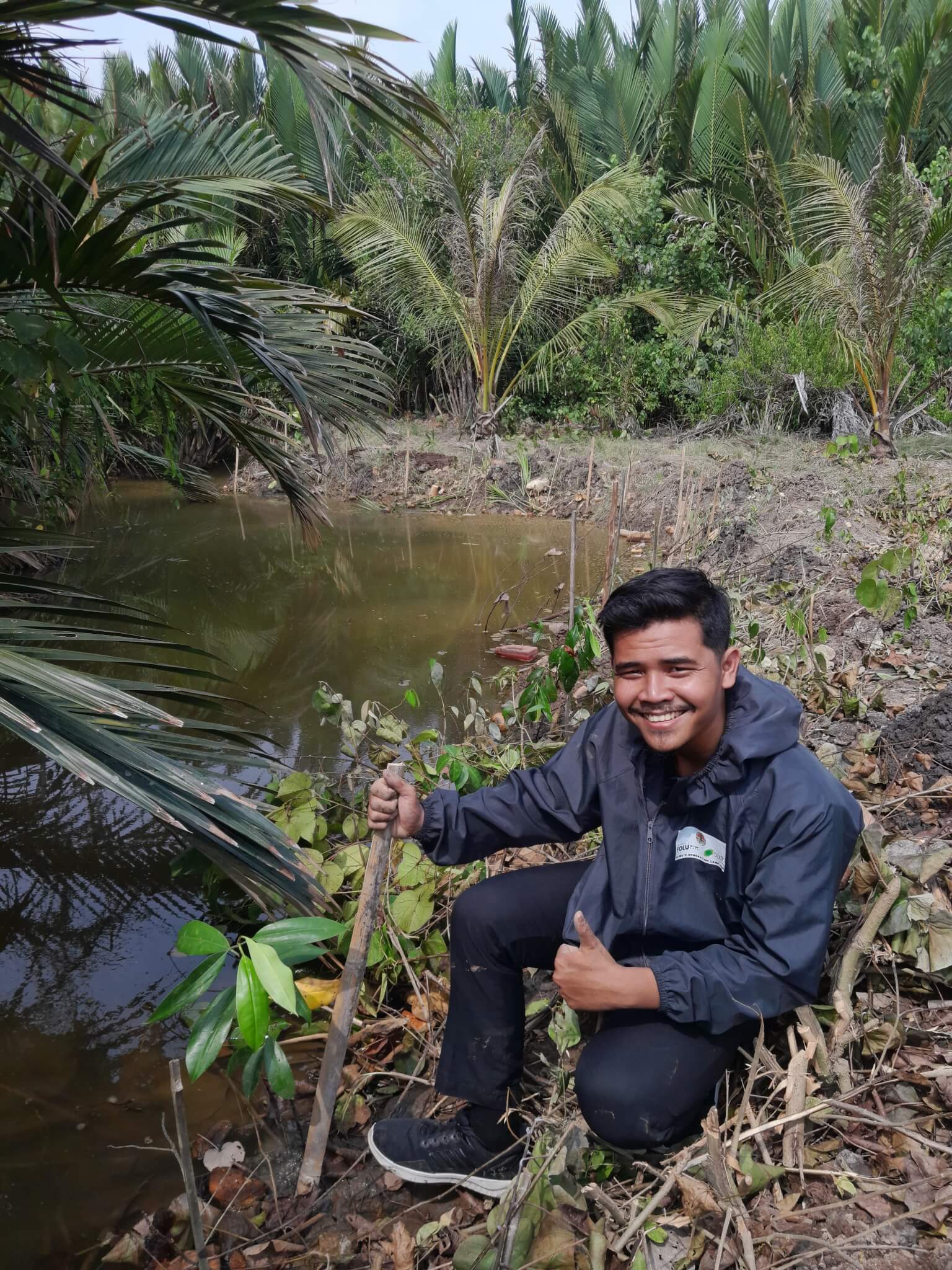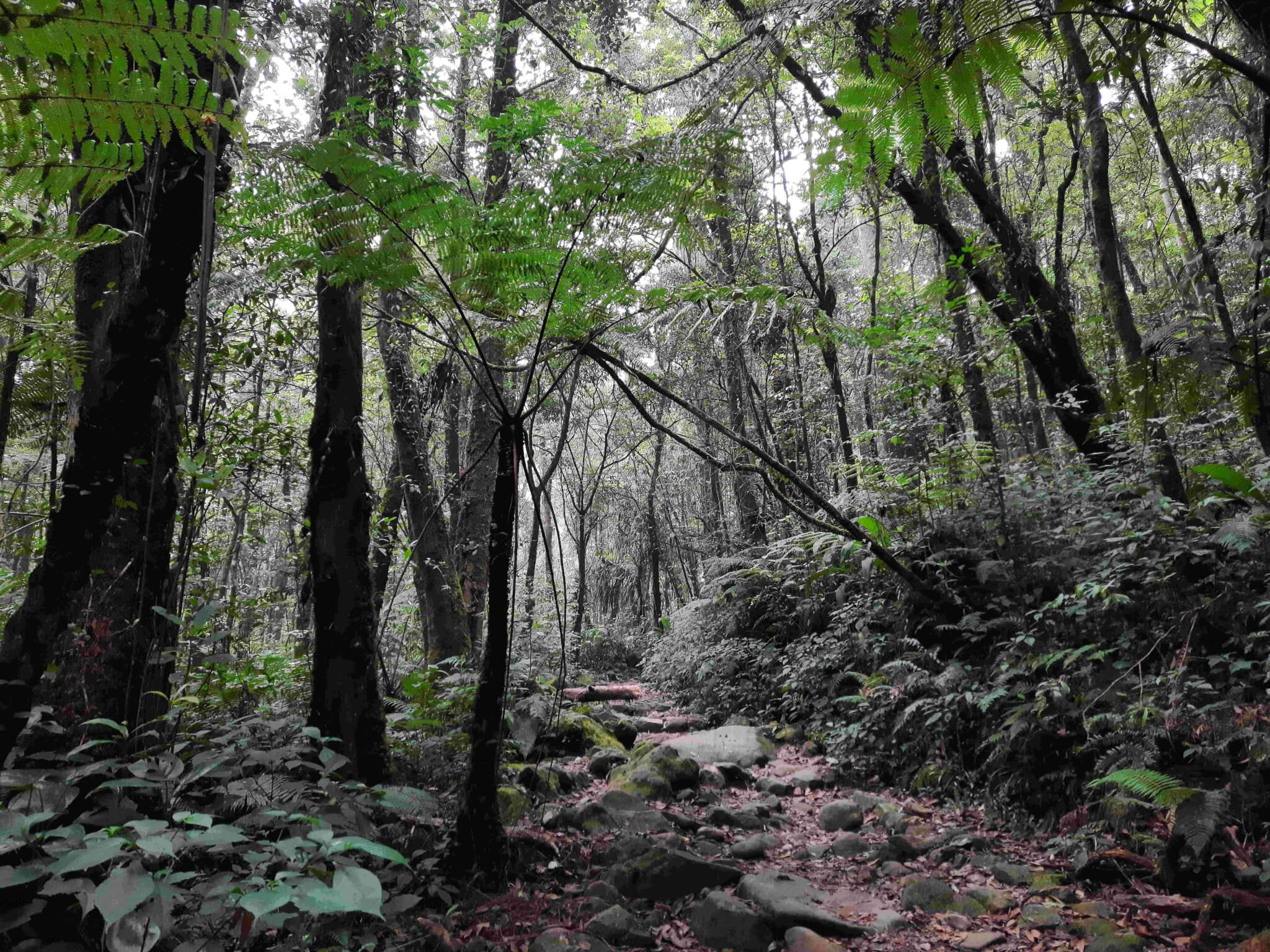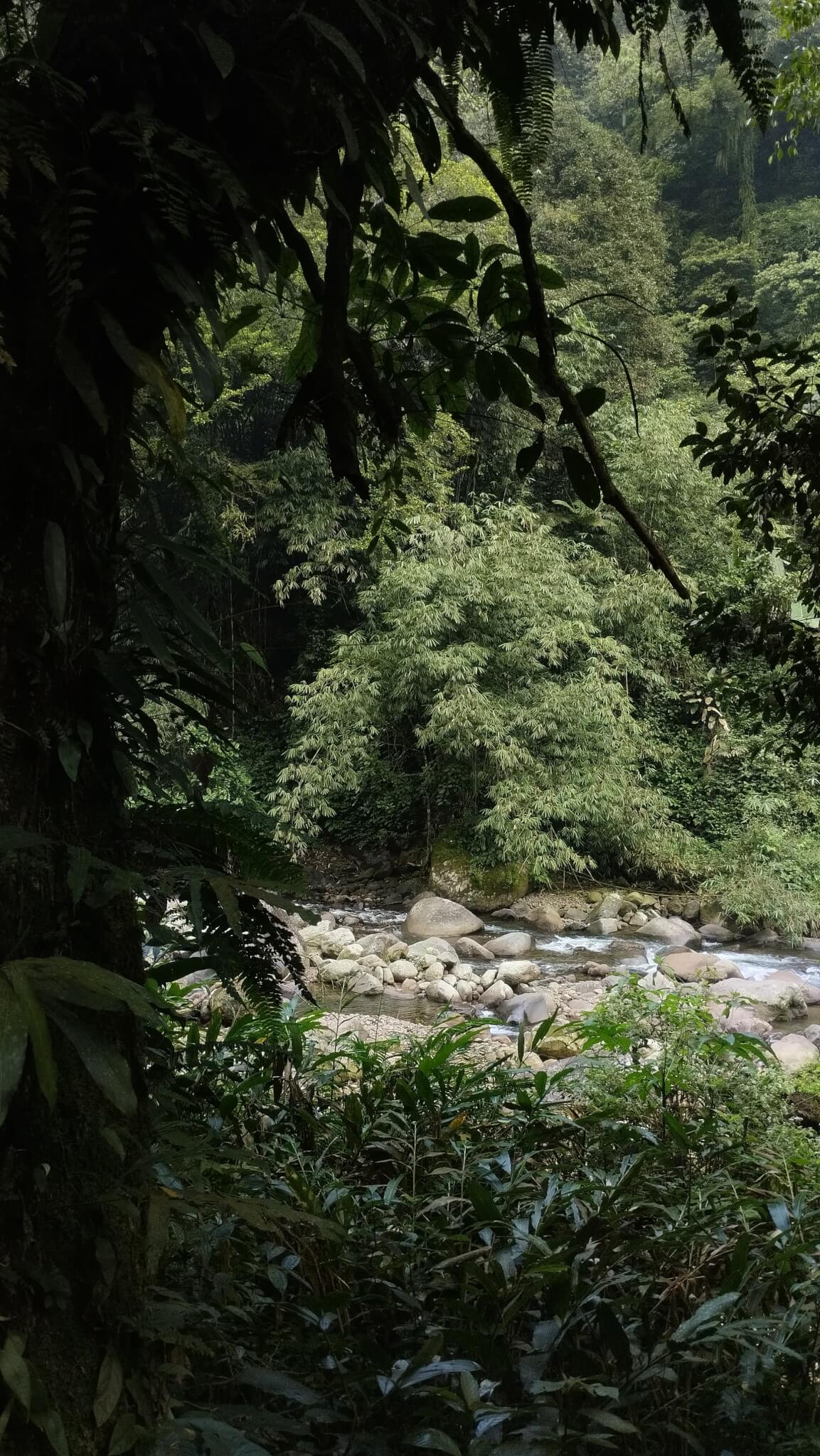


Environmental damage caused by tin mining in the Bangka Belitung Islands Province has garnered significant attention in recent times, particularly following the exposure of corruption cases involving PT Timah Tbk (TINS) and several private companies. In this context, it is crucial to conduct an in-depth analysis of the environmental degradation, its underlying causes, impacts, and potential solutions to mitigate the damage.
It is important to recognize that the environmental damage resulting from tin mining affects not only ecological aspects but also the economic and social dimensions of the local communities. In this regard, Prof. Bambang Hero Saharjo, an environmental expert from IPB University, calculated the environmental losses by factoring in these dimensions. His calculations revealed staggering figures, with the estimated environmental losses amounting to approximately Rp271.06 trillion. Additionally, the Audit Board of the Republic of Indonesia (BPKP) stated that the total state losses reached Rp300.559 trillion, including non-environmental losses of Rp29.499 trillion.
Several factors contribute to the magnitude of these environmental losses, including the duration of pollution, the volume of pollutants, and the status of the damaged land. One significant impact is deforestation, which provides access to mining sites and expands the mining areas. This leads to the loss of habitats for various plant and animal species, reducing biodiversity and even causing local extinctions.
Air and water pollution also pose serious issues, as the mining and processing of minerals generate dust and toxic gases that pollute the air, along with liquid waste that contaminates water sources with heavy metals and harmful chemicals. The destruction of soil structure due to tin mining activities further exacerbates the problem, increasing the risk of soil erosion and landslides, and altering river flow patterns.
The environmental degradation is also reflected in the declining quality of life in the Bangka Belitung Islands Province, as indicated by decreases in the Environmental Quality Index (IKLH), Water Quality Index (IKA), and Air Quality Index (IKU). These reductions signify serious disturbances or degradation of the environment.
In addition to environmental impacts, the economic and social dimensions of the local population are also affected. While tin mining significantly contributes to regional income and creates new job opportunities, its negative effects on the environment and human health are considerable. Furthermore, local communities near mining areas face severe socio-economic challenges, such as the loss of traditional livelihoods and increased health risks due to environmental contamination.
To address these issues, integrated and sustainable solutions must be implemented. First and foremost, environmental protection and the sustainability of natural resources should be prioritized in future mining management policies. This can be achieved through the strict enforcement of regulations and intensive monitoring of mining activities.
Mining companies, including TINS, must take full responsibility for the environmental impacts caused by their operations. They should conduct comprehensive and phased rehabilitation and reclamation of former mining lands, in accordance with the provisions set forth in Law No. 3 of 2020, which amends Law No. 4 of 2009 on Mineral and Coal Mining.
Active participation from local communities and other stakeholders in decision-making related to environmental and mining management is essential. Involving the community in the planning, implementation, and monitoring of environmental programs can help ensure that policies consider local interests and needs.
Both central and local governments must enhance oversight and law enforcement concerning environmental violations committed by mining companies. Strict and severe sanctions should be imposed on violators, including company officials, to serve as a deterrent and prevent future environmentally harmful practices.
Finally, efforts to diversify the local economy in mining areas should be pursued, so that communities do not overly depend on the mining sector, which is vulnerable to price fluctuations and environmental impacts. The development of sustainable alternative economic sectors, such as eco-tourism and organic agriculture, can help reduce pressure on the environment and improve the overall well-being of local communities.
By taking integrated and sustainable solutions, the environmental damage caused by tin mining in the Bangka Belitung Islands Province can be reduced, ensuring the long-term sustainability of the local economy, environment, and society.
[This article is also published in the Babel Pos newspaper (Wednesday, September 11, 2024) and on the website https://babelpos.bacakoran.co/read/7847/mengurangi-dampak-kerusakan-lingkungan-akibat-tambang-timah-di-provinsi-kepulauan-bangka-belitung]
Leave a Reply
Article


 ID
ID
 EN
EN




